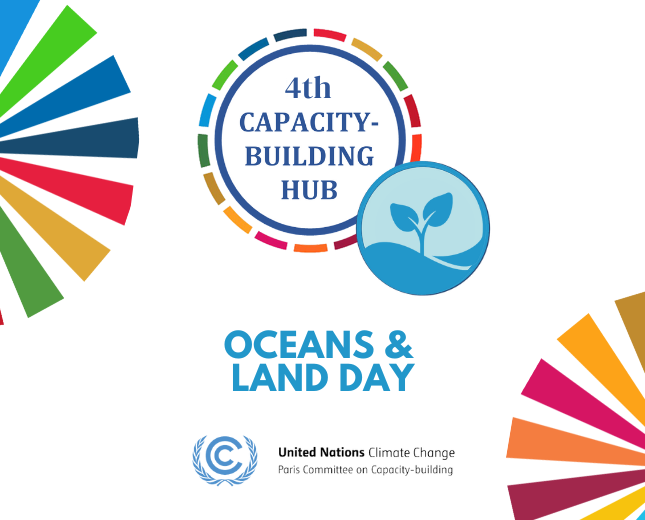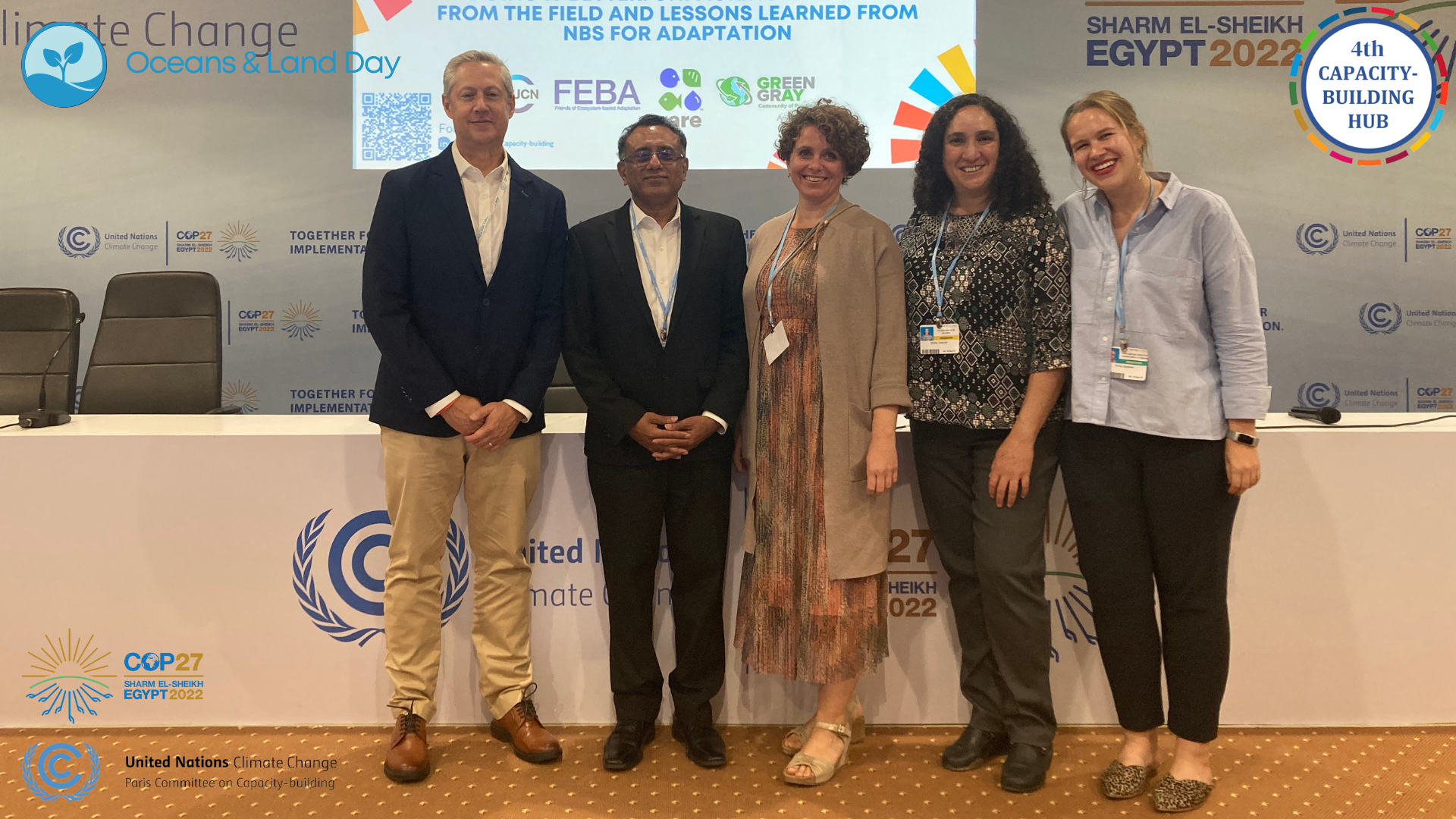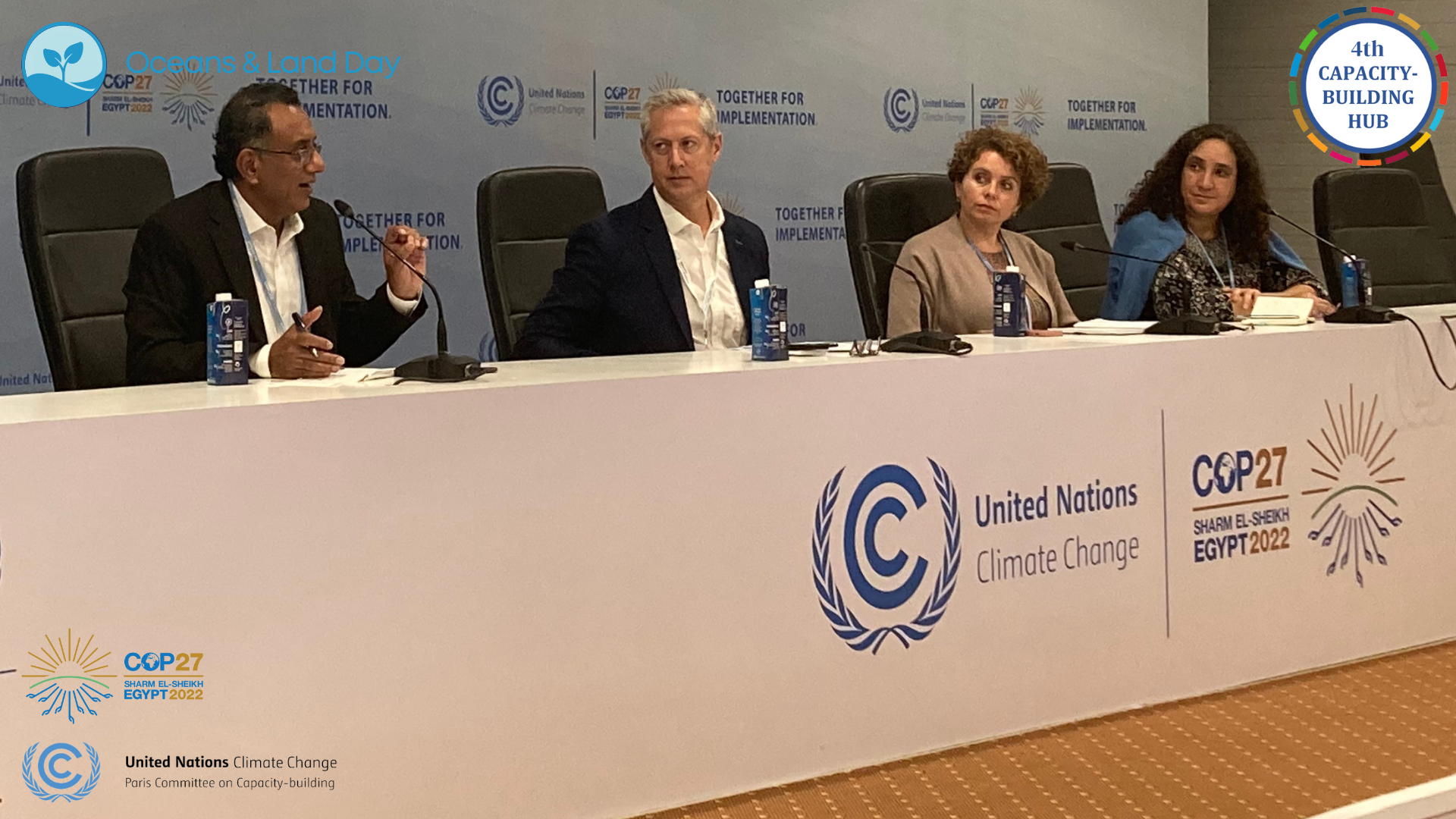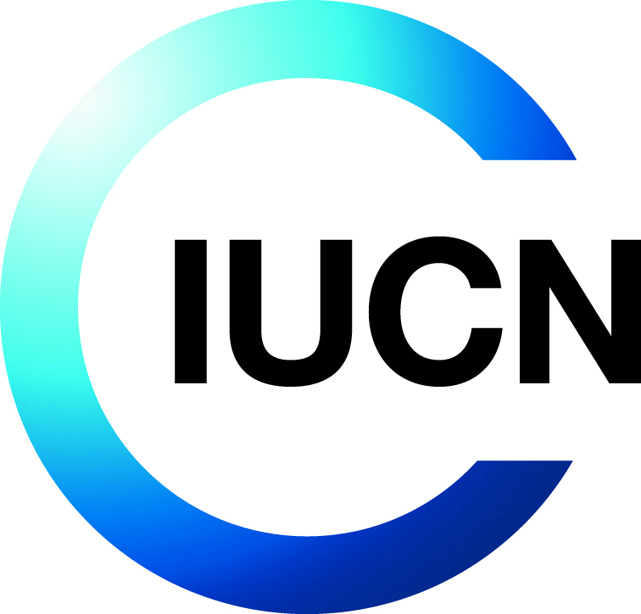Event Recording
Organizers
Background
Nature-based solutions for climate adaptation have the potential to provide vulnerable countries with valuable protection against climate change hazards, reducing the intensity of climate hazards by 26 percent, representing protection against the economic cost of climate change by USD 104 billion by 2030 and USD 393 billion by 2050 (IFRC & WWF, 2022). Investing in adaptation efforts for both ecosystems and humanity can enable transformative progress toward sustainable development – from health, water, nutrition, to clean energy, sustainable infrastructure, and equality.
While the representation of nature’s impact on climate action on the COP stage is greater than ever this year, from the Global Goal on Adaptation to negotiations on Loss & Damage, the implementation of Nature-based Solutions for building climate resilience are not new. Substantial investments have catalyzed concrete evidence for these approaches from around the world. In this session, speakers will present three inspirational case studies of completed NbS for Adaptation projects from around the world, diving into the accomplishments, lessons learned, return on investment, and impact of their projects on the ground. Speakers will share the long-term impact of their projects to local communities, and reflect on lessons that can be taken forward into future projects as adaptation efforts are scaled up around the world. The session will also directly tie in to COP27 negotiations on the Global Goal on Adaptation.
Objectives
- Showcased case studies of completed nature-based solutions for adaptation projects from around the world, across themes and ecosystems, focusing on accomplishments, impact, return on investment, and lessons learned.
- Reflected on lessons that can be taken forward into future projects as adaptation efforts incorporating NbS are scaled up around the world.
- Participants potentially left with a heightened understanding of what is the potential of NbS for adaptation & resilience outcomes, how these projects should be designed and implemented for maximum impact by ensuring they are led at all phases of planning and governance by communities, and why it is critical to see NbS represented in the COP27 negotiations on the Global Goal on Adaptation.
Structure & Speakers
| Time |
Segment & Speakers |
| 5 mins |
Welcome remarks |
| 25 mins |
Initial presentations on the context of the projects by 3 speakers
Moderator
Speakers
- Mirella Gallardo, Instituto de Montaña
- Ariane Steins-Meier, Rare
- Rod Braun, Conservation International
|
| 25 mins |
Interactive panel discussion and conversation among panellists |
| 5 mins |
Concluding remarks by panelists
Wrap up by moderator
|
Key Outcomes
- This session presented a variety of real-life experiences of best practices, emphasising the importance of strengthening local capacities and knowledge, showcasing intercultural dialogues between universities and local knowledge for nature-based activities such as grass and water management.
- Speakers also focused on community-led conservation as critical to climate resilience, highlighting that capacity-building is essential at the local level. Likewise, this session showcased how nature-based solutions such as the protection of mangroves, oyster reefs, coral reefs and sand dunes protect and provide co-benefits for coastal communities, while also saving billions of dollars in disaster risk reduction. Lastly, IUCN presented the importance of rigorous and clearly-defined standards in developing nature-based solutions to avoid greenwashing.






